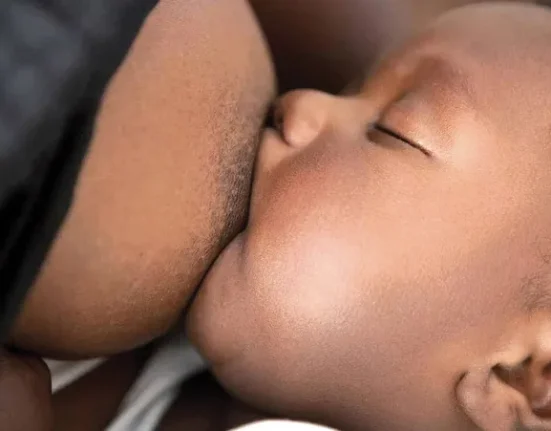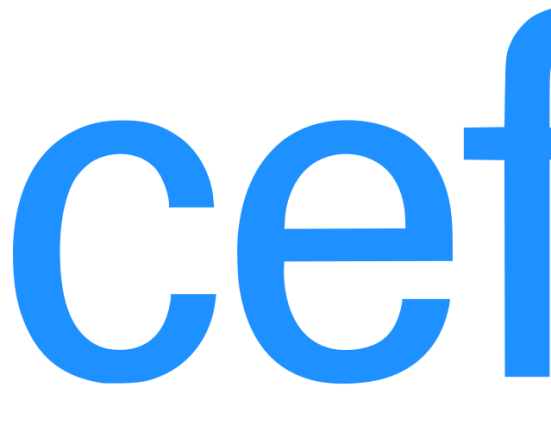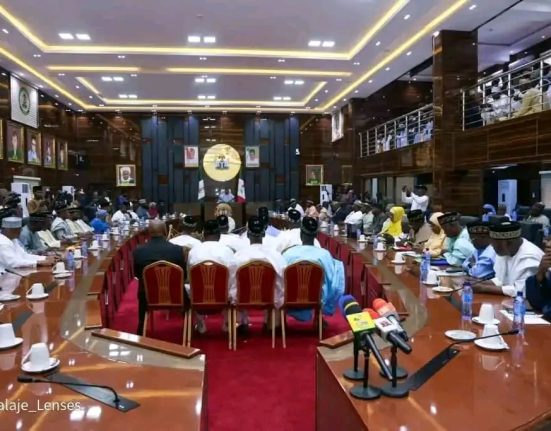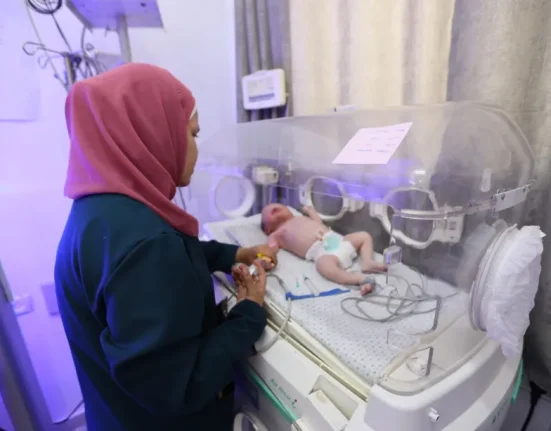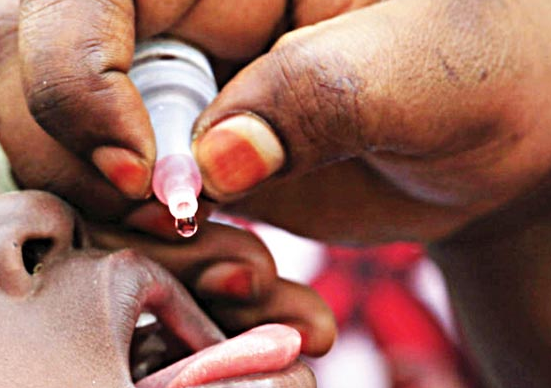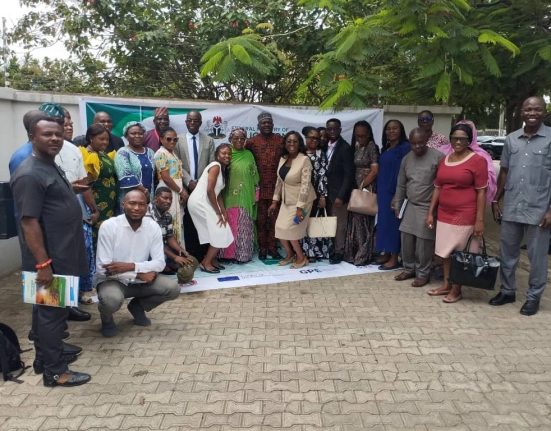In a significant effort to combat polio and improve vaccination rates in Bauchi State, the United Nations Children’s Fund (UNICEF) has donated over 2.5 million doses of Oral Polio Vaccines to the state government. This initiative aims to protect children across the state, particularly in areas with high numbers of zero-dose children those who have never received any vaccine.
Dr. Nuzhat Rafique, UNICEF’s Chief Field Officer in Bauchi, announced the donation at the Abubakar Tafawa Balewa University Teaching Hospital, where the vaccines are stored. She emphasized that the vaccination exercise will take place from April 24 to April 29, urging all stakeholders to support a massive awareness campaign to ensure high participation.
Bauchi State is considered critical due to its high number of zero-dose children, with 13 out of 20 local governments affected. Approximately 556,000 children in these areas have never received any vaccine, placing them at significant risk. The vaccination campaign will initially focus on these local governments starting on April 24, targeting every child under five, especially the zero-dose children12.
UNICEF’s Health Officer, Patrick Akor, noted that pen markers will be used to mark the fingers of vaccinated children, ensuring accurate data collection. He assured that all local government areas will have sufficient vaccines during the exercise12.
Bappah Jika from the Bauchi State Primary Healthcare Development Board expressed gratitude for UNICEF’s support, describing it as “life-saving.” The campaign is crucial not only for the immediate health benefits but also for the long-term future of the children and the state’s contribution to polio eradication efforts in Nigeria12.
This initiative is part of broader efforts by UNICEF to support immunization campaigns in Nigeria, where over 2.3 million children are at risk of polio. The success of this campaign could significantly reduce the number of zero-dose children and bring Nigeria closer to achieving polio eradication


